Artificial Intelligence (AI) has risen as a effective catalyst for alter over businesses, but maybe no place is its potential more impactful than in wellbeing and wellness. From improving illness location and streamlining restorative workflows to making personalized wellness programs and mental wellbeing bolster, AI is reshaping the way people and experts approach healthcare. As the worldwide request for preventive care, all encompassing wellness, and fast determination increments, AI is venturing in as a 24/7, exceedingly versatile, and data-driven accomplice in human well-being.
1. The Developing Part of AI in Wellbeing and Wellness
In later a long time, the healthcare industry has experienced a computerized increasing speed, driven by the meeting of enormous information, wearable gadgets, telemedicine, and AI calculations. AI is presently display in each layer of wellbeing and wellness, from prescient analytics that anticipate malady dangers to AI-powered wellness coaches that adjust workouts based on biometric feedback.
According to advertise reports, the AI in healthcare showcase is anticipated to outperform $187 billion by 2030, driven by developments in clinical choice back, robotics-assisted surgery, and farther understanding checking. On the wellness side, AI is fueling personalized nourishment plans, mental wellbeing chatbots, and push administration apparatuses, making solid living more open than ever.
2. Key Applications of AI in Wellbeing & Wellness
a) Malady Location and Diagnosis
AI is upgrading demonstrative exactness by analyzing complex datasets distant speedier than human specialists. Profound learning models are presently competent of identifying conditions such as cancer, heart malady, diabetes, and neurological clutters through imaging, lab comes about, and hereditary data.
Radiology AI apparatuses like Google’s DeepMind Wellbeing and IBM Watson Imaging offer assistance radiologists spot anomalies in X-rays, MRIs, and CT scans.
Pathology AI applications can recognize early cancer signs in biopsy tests, making strides early discovery rates and persistent outcomes.
b) Personalized Treatment Plans
AI can coordinated hereditary, way of life, and natural variables to create custom treatment plans. This approach moves absent from “one-size-fits-all” pharmaceutical and toward accuracy healthcare, moving forward treatment adequacy whereas decreasing side effects.
For case, AI-powered genomic examination can foresee how patients will react to particular cancer treatments, empowering specialists to select the most viable regimen.
c) Virtual Wellbeing Assistants
AI-powered chatbots and voice associates act as 24/7 wellbeing companions, replying therapeutic questions, reminding patients to take medicine, and planning specialist arrangements. These colleagues diminish strain on healthcare frameworks and give quick back for non-emergency queries.
Popular cases incorporate Babylon Wellbeing, Ada Wellbeing, and AI-enabled virtual medical caretakers like Molly from Sensely.
d) Wellness Coaching & Wellness Tracking
AI-driven wellness apps like Fitbit Coach, MyFitnessPal, and Freeletics analyze client movement information to alter workout plans and sustenance direction powerfully. AI too powers form-correction devices, guaranteeing works out are performed securely and effectively.
By coordination information from wearable gadgets such as Apple Observe or WHOOP, AI frameworks can suggest ideal workout concentrated, recuperation periods, and rest schedules.
e) Mental Wellbeing Support
AI-powered treatment stages are making a difference address the worldwide mental wellbeing emergency. Chatbots like Woebot, Wysa, and Replika give cognitive behavioral treatment (CBT) strategies, enthusiastic check-ins, and mindfulness prompts.
These apparatuses are not substitutions for human specialists but serve as important companions for early intercession, day by day mental wellbeing following, and stigma-free support.
3. AI in Preventive Healthcare
One of AI’s most promising commitments is in preventive medication. By ceaselessly observing biometric information, AI can hail early signs of potential wellbeing issues, permitting for mediation some time recently conditions gotten to be critical.
For instance:
- Wearables distinguish sporadic heart rhythms and alarm clients some time recently a genuine cardiac occasion occurs.
- AI sustenance stages analyze blood tests and microbiome information to suggest diets that avoid way of life diseases.
- Machine learning models figure scourge episodes by analyzing worldwide wellbeing records, climate information, and travel patterns.
This move from responsive care to proactive wellbeing administration may spare millions of lives and altogether diminish healthcare costs worldwide.
4. Data-Driven Personalization in Wellness
Personalization is the modern gold standard in wellness, and AI is the extreme enabler. By collecting and translating endless sums of client data—from rest cycles to day by day development patterns—AI can give hyper-personalized wellness strategies.
Examples include:
- Nutrition AI that tailors supper plans to blood sugar reactions and metabolic rate.
- Sleep AI that alters sleep time schedules and natural conditions based on rest following data.
- Mindfulness AI that prescribes contemplation lengths and styles based on stretch level predictions.
These bits of knowledge offer assistance people make data-backed way of life choices, making strides long-term wellbeing outcomes.
5. Challenges and Moral Considerations
While AI offers gigantic potential, it too raises genuine challenges in healthcare and wellness:
- Data Security & Security: Touchy wellbeing data must be ensured against cyberattacks and misuse.
- Algorithmic Predisposition: AI frameworks prepared on deficient or one-sided datasets can lead to unequal healthcare outcomes.
- Overreliance on AI: Patients and suppliers may gotten to be as well subordinate on AI, gambling diminished human oversight.
- Regulatory Compliance: AI wellbeing apparatuses must meet rigid restorative directions some time recently deployment.
Addressing these concerns requires strong information administration, straightforward calculations, and human-in-the-loop frameworks to guarantee AI remains a reliable ally.
6. Future of AI in Wellbeing & Wellness
The future guarantees more brilliant, more coordinates AI frameworks that work consistently with human healthcare suppliers. Developing patterns include:
- Multimodal AI: Frameworks that coordinated content, voice, pictures, and sensor information for a total wellbeing picture.
- AI-Integrated Wearables: Next-gen gadgets competent of real-time diagnostics, not fair monitoring.
- Digital Twins in Healthcare: AI-generated understanding models that recreate how distinctive medicines would work some time recently applying them in genuine life.
- AI in Life span Inquire about: Utilizing AI to recognize anti-aging compounds, optimize way of life intercessions, and amplify sound lifespan.
By 2035, AI might ended up as commonplace in healthcare as stethoscopes are today—an fundamental, trusted device in each therapeutic setting and individual wellness plan.
7. Conclusion
AI is rethinking wellbeing and wellness by making care more personalized, available, and proactive. It is bridging the hole between restorative skill and regular wellbeing administration, enabling people to take control of their well-being whereas empowering experts to make speedier, more precise decisions.
However, for AI to reach its full potential in wellbeing and wellness, the industry must prioritize moral AI improvement, solid information security, and straightforward understanding communication. When utilized mindfully, AI can offer assistance humankind move toward a future where great wellbeing is not fair a benefit but a all inclusive standard—and wellness gets to be a personalized, data-driven travel for everybody.
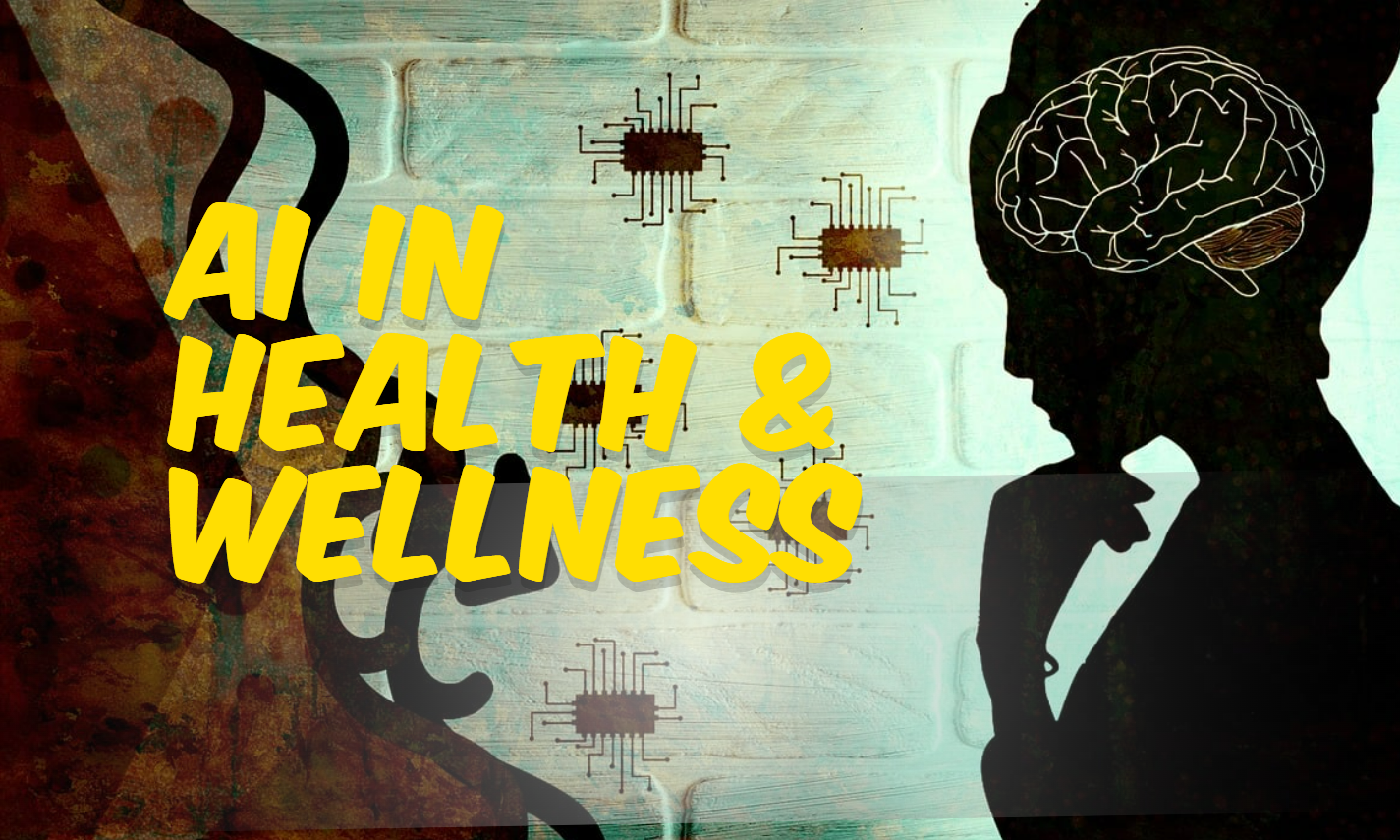

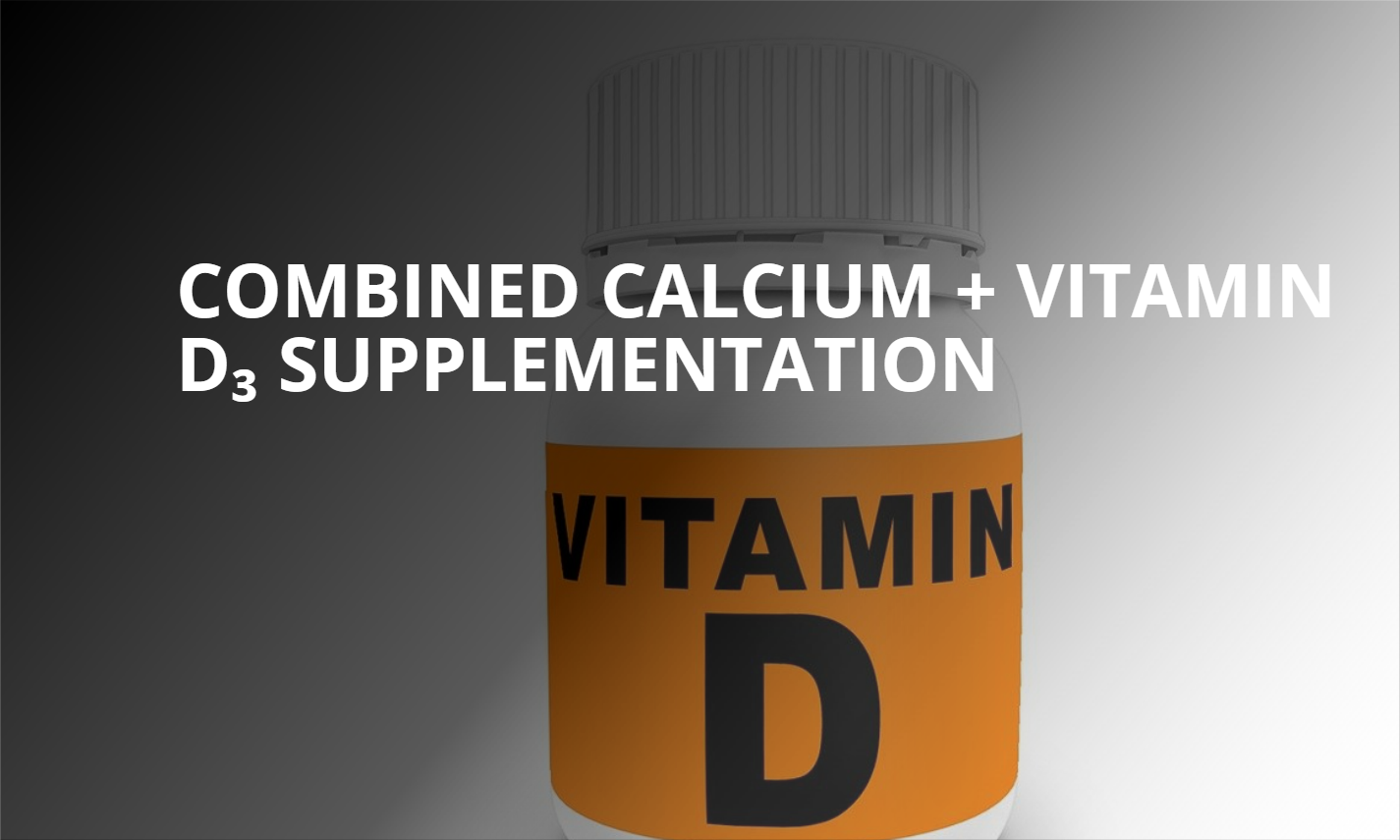

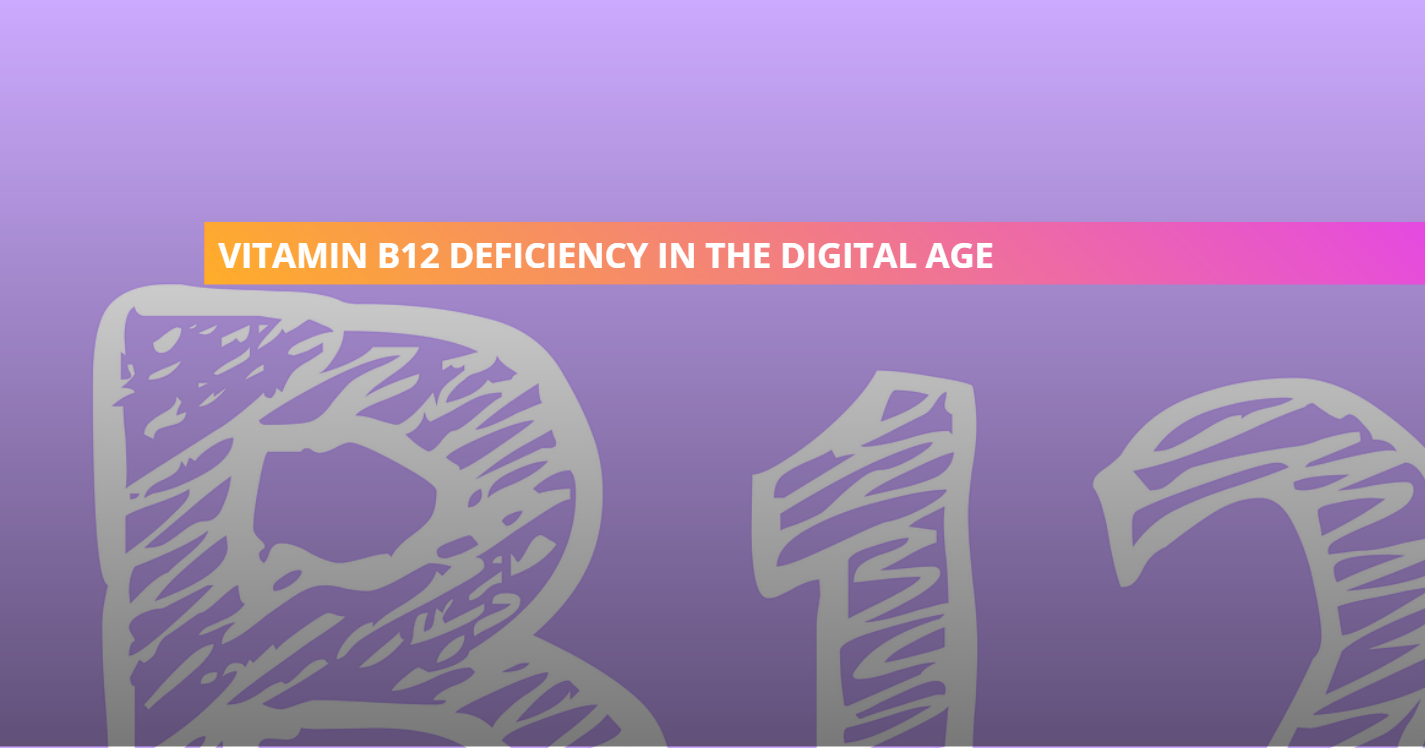
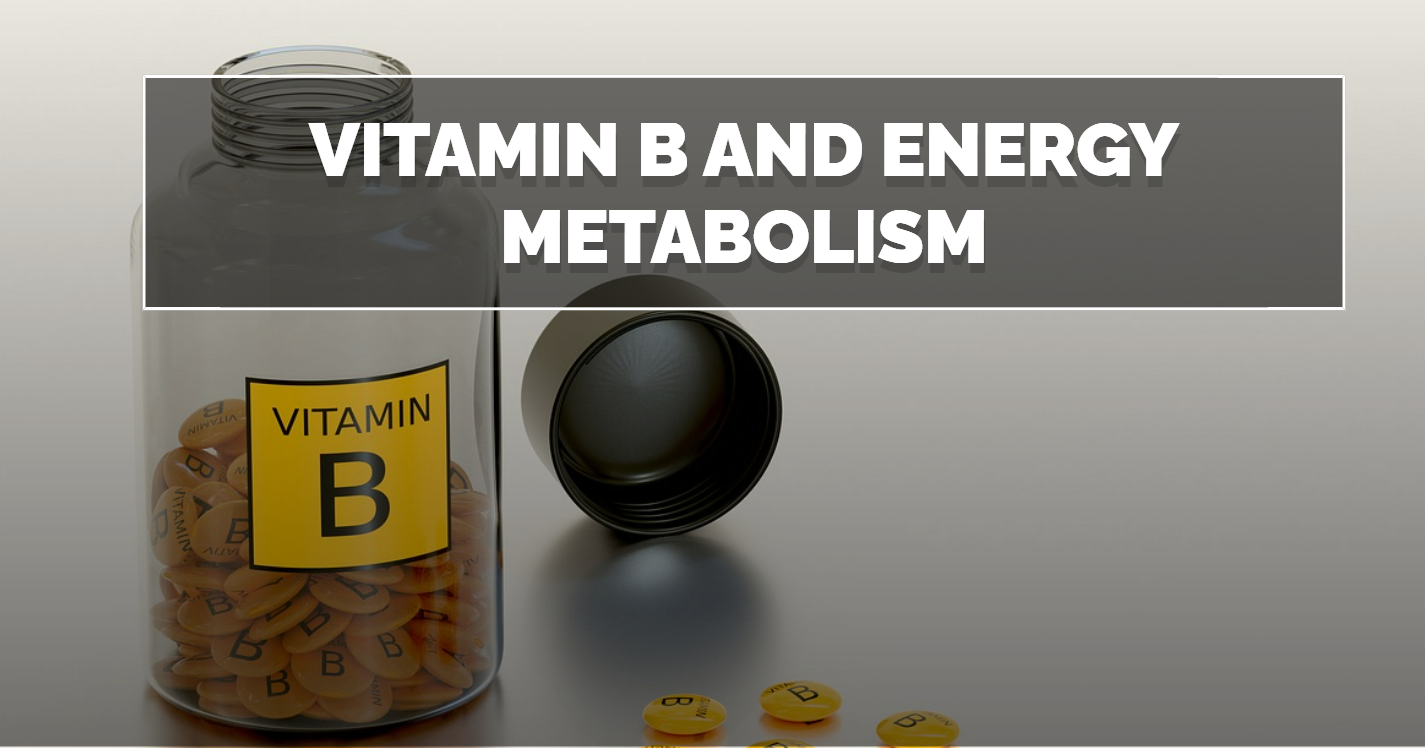
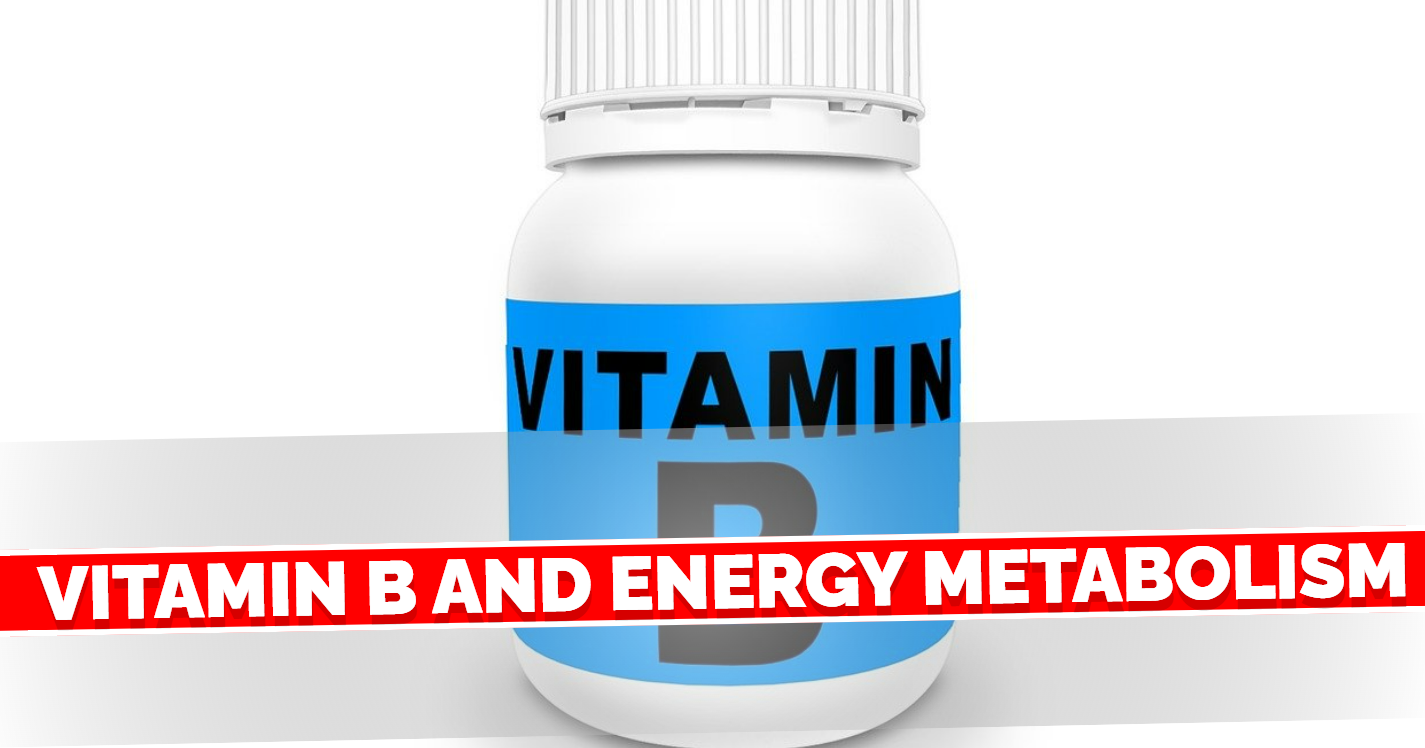


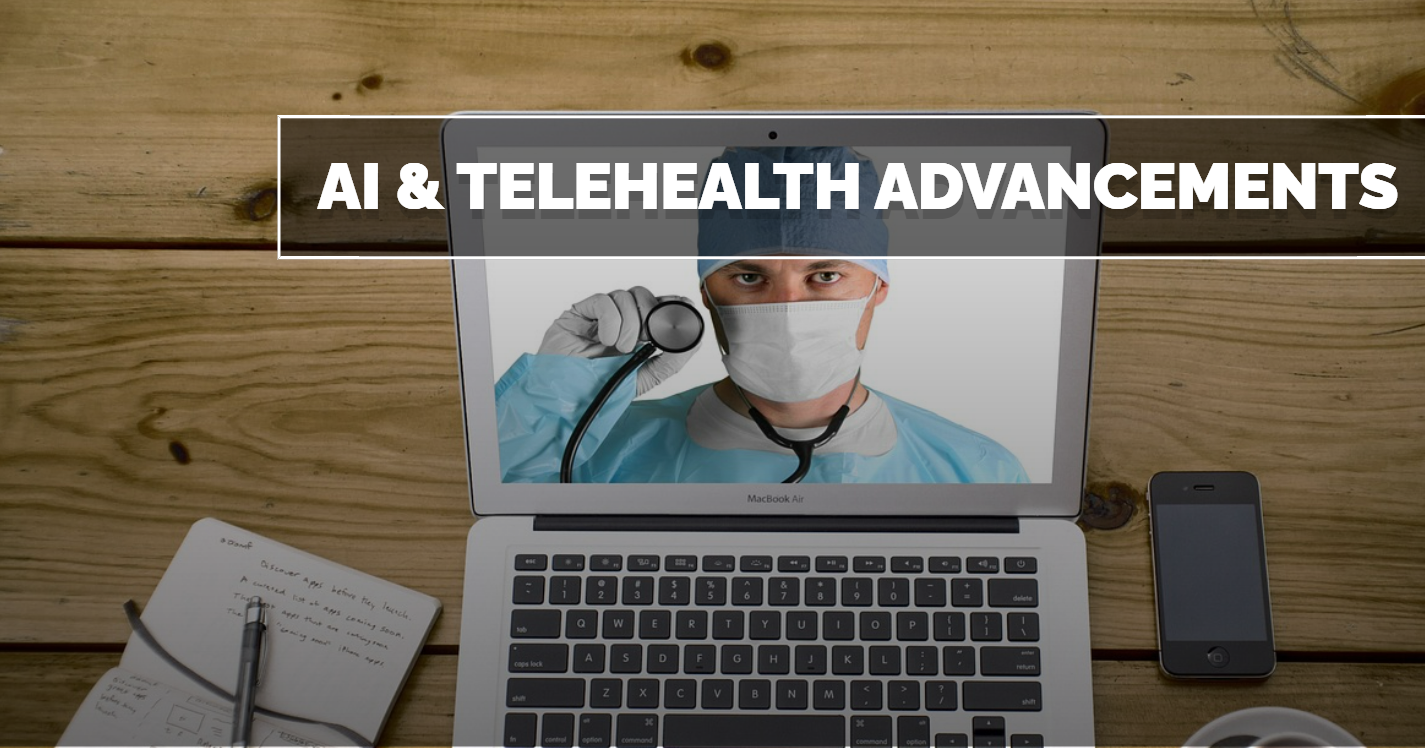





Leave a Reply